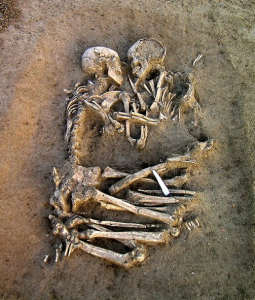 Received this email this morning:
Received this email this morning:
In Joseph Campbell’s vision of myth, the hero is typically a solitary male who renounces intimate companionship to pursue his glorious, arduous quest. Along the way, sporadic help may arrive from an ineffable muse or deity.
There are alternative scenarios for the hero’s journey, but Campbell underplayed them. In the tantric tradition, for instance, a seeker’s connection with a beloved human companion is essential to his or her spiritual inquiry.
Some early Christians described Jesus and Mary Magdalene as equal collaborators. Sufi mystic poet Rumi may not have actually made love with his teacher Shams (then again, he might have), but it’s clear the two men sought divine communion together, not through lonely solo work.
Some modern teachers have broken from Campbell’s narrow perspective. The quest for illumination, they say, can thrive on the challenges of loving and living with an actual person. In John Welwood’s “Love and Awakening,” the author reimagines relationship as an “alliance of warriors” devoted to awakening each other’s “holy longing.”